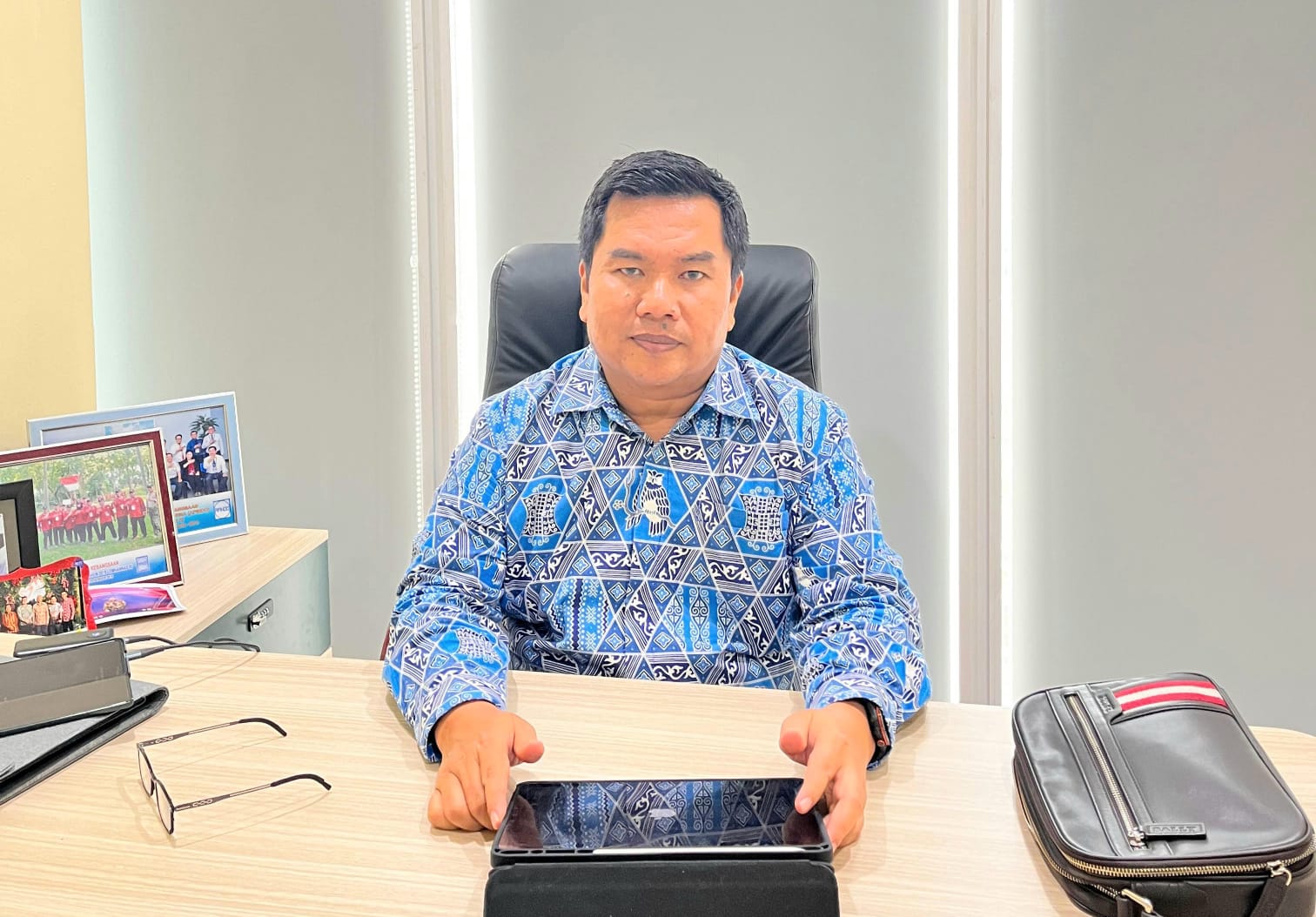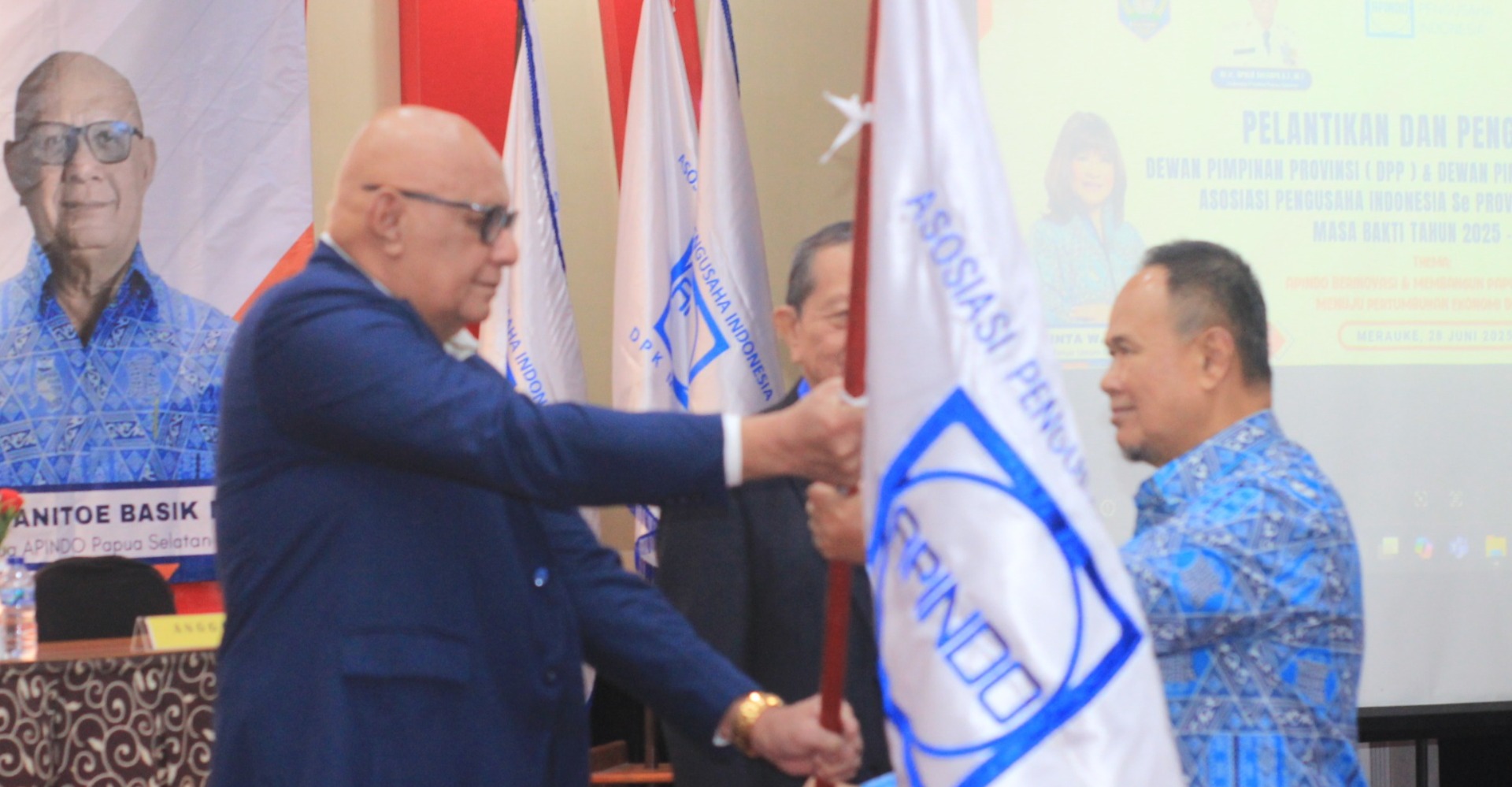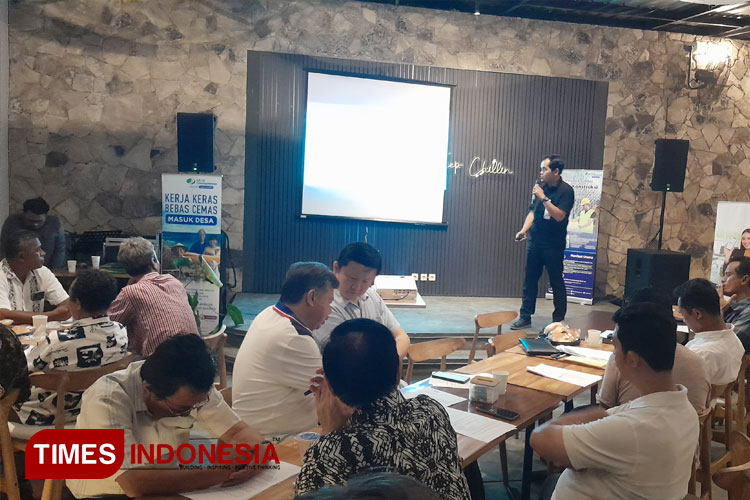Apindo Batam Welcomes PP 25 and PP 28, Urges Prompt Issuance of Implementing Regulations
Saturday, 11 October 2025
Batam – The Chairman of the Indonesian Employers Association (Apindo) Batam Chapter, Rafki Rasyid, welcomed the issuance of Government Regulations (PP) No. 25 and No. 28 of 2025, which relate to the simplification of business licensing and the delegation of authority from the central government to BP Batam.
According to Rafki, the two new regulations demonstrate the central government’s strong commitment to maintaining a competitive investment climate, particularly in Batam, which has long been recognized as a Free Trade Zone and Free Port (KPBPB). “We appreciate the issuance of PP 25 and PP 28 of 2025. It shows the government’s strong will to sustain an attractive investment climate in Indonesia, especially in Batam,” he said on Friday (Oct 10).
He explained that PP No. 28/2025 focuses on simplifying business licensing, while PP No. 25/2025 governs the delegation of licensing authority from the central government to BP Batam. Rafki described both regulations as strategic steps that could accelerate investment flow and enhance bureaucratic efficiency. “This means the central government truly wants Batam to grow rapidly and attract significant investment,” he added.
However, Rafki emphasized that the two government regulations alone are not enough to address all the challenges faced in practice. He urged the government to immediately issue implementing regulations in the form of ministerial decrees, so that the transfer of authority can be effectively executed. “The PPs alone are not sufficient. There must be lower-level implementing regulations that technically define the transfer of authority from the relevant ministries to BP Batam,” he explained.
He pointed out that many permits are still overlapping between institutions, mainly because some technical ministries have yet to fully transfer their authority to BP Batam. This situation, he said, could hinder the smooth flow of investment and create confusion among business actors. “These two PPs have actually addressed most of the business sector’s needs, but the government must promptly issue the implementing regulations through ministerial decrees from the respective ministries,” Rafki noted.
Rafki also stated that BP Batam is largely ready to implement the mandates stipulated in the two government regulations. However, he stressed that such readiness must be supported by the ministries’ seriousness and willingness to transfer their authority fully. “Relevant ministries must sincerely hand over their authority to BP Batam. There should be no permits still controlled by certain ministries,” he said.
He cited the example of environmental permits, which have not yet been fully delegated to BP Batam. Recently, there were reports that the Ministry of Environment and Forestry (KLHK) intended to seal off certain companies operating within BP Batam’s jurisdiction. Rafki underscored that while technical ministries still have supervisory roles, the operational implementation should rest with BP Batam, as the regional authority best equipped to understand the area’s industrial characteristics and needs.
“Ministries should coordinate with BP Batam before undertaking any activities in Batam, since BP Batam has the most comprehensive understanding of the regulatory structure within the KPBPB area,” he said.
Rafki expressed hope that the two government regulations would soon be complemented by comprehensive implementing rules to provide legal certainty and encourage investment acceleration. He also called on all ministries to set aside sectoral egos and be willing to fully delegate their powers to BP Batam. This, he emphasized, is the key for Batam to evolve into a highly competitive investment hub in Southeast Asia.
“Don’t be half-hearted. Institutional egos must be put aside if we truly want Batam to become a leading investment city with strong competitiveness in the ASEAN region,” Rafki concluded.
Source: batampos.co.id









